B-CC Community Members Voice Support For New AP African American Studies
Pushback on College Board’s new AP African American Studies course sparks heated discussions.
How much do you really know about Black history? The exposure students get to lessons beyond the standard material about slavery and discrimination is often slim to none. Now, this limited exposure has come under further jeopardy, with some states going so far as to prohibit College Board’s new AP African American Studies course.
The ban stems from a disagreement with the course’s discussion of topics like critical race theory and the Black Lives Matter movement.
Mr. Tracy, a B-CC teacher who instructs courses rooted heavily in Black history, such as Peace Studies and Hip Hop History & Culture, offered to teach the AP African American Studies course here at B-CC. He blames political narratives and the scramble for academic control for the rise in conflict over the course.
“It’s very telling,” commented Tracy, alluding to the preference for a politically eurocentric narrative that excludes minorities. Tracy, who detailed his innate Black pride, believes the origin of patriotism is rooted in speaking up and educating the masses, starting with more comprehensive courses such as AP African American Studies.
As part of the leadership for the Black Student Union club, B-CC senior Sally Hajhamad feels the course is a chance for Black students to feel connected to lessons outside the predictable material embedded in the curriculum.
“The lack of Black courses is almost like a slap to the face to the Black community,” said Hajhamad. “[We should] celebrate the beautiful and complex history African Americans have in this country.” Hajhamad also voiced her frustration at the lack of commemoration for African American achievements and history within our school system. She feels that the new course offered by College Board is a chance to deviate from the majority of history classes that are “mainly focused on white history and the impacts of white history.” The lack of Black courses is almost like a slap to the face to the Black community. [We should] celebrate the beautiful and complex history African Americans have in this country. — Sally Hajhamad
The course itself was initially piloted at 60 schools at the beginning of the 2022-2023 school year, with plans to expand to over 200 schools next year. The course was set to primarily focus on the contributions of Africans and featured a diverse collection of complex works detailing a multitude of topics, such as a deeper look into the Haitian Revolution, lesser-known trailblazers, and the African diaspora during the Reconstruction era.
The Florida Department of Education objected to sections of the curriculum such as the Black Lives Matter Movement and content revolving around reparations, citing concern over the “threat of indoctrination.” More objections were raised after College Board officially released the curriculum to the public on February 1st. Some reactions angrily noted that the newly-released curriculum removed sections, such as those on Black feminism and queerness, while adding a new section about “Black conservatism.”
While College Board denies the influence of any state or political organization, over 200 African American history professors signed an open letter challenging these changes and calling the revision a “frontal attack” on academic freedom and democratic principles. Roderick Ferguson, a professor at Yale University, was one of the many scholars whose work was removed during the revision of the course. Ferguson cited a so-called “culture war” waged on “intellectuals, artists, and academics.”
Although the modified curriculum remains, cries for more academic freedom and Black representation in school curricula also persist. It’s evident that this remains a critical discussion for all levels of education, not just high schools.
Nina Allen, a B-CC senior, serves as the Co-Director for The Tattler's Communications Team and a contributing writer who specializes in Features. You can...

Claire Wang, a B-CC senior, serves as the Co-Director for The Tattler's Art Team and a contributing writer. She also has two dogs and two cats.





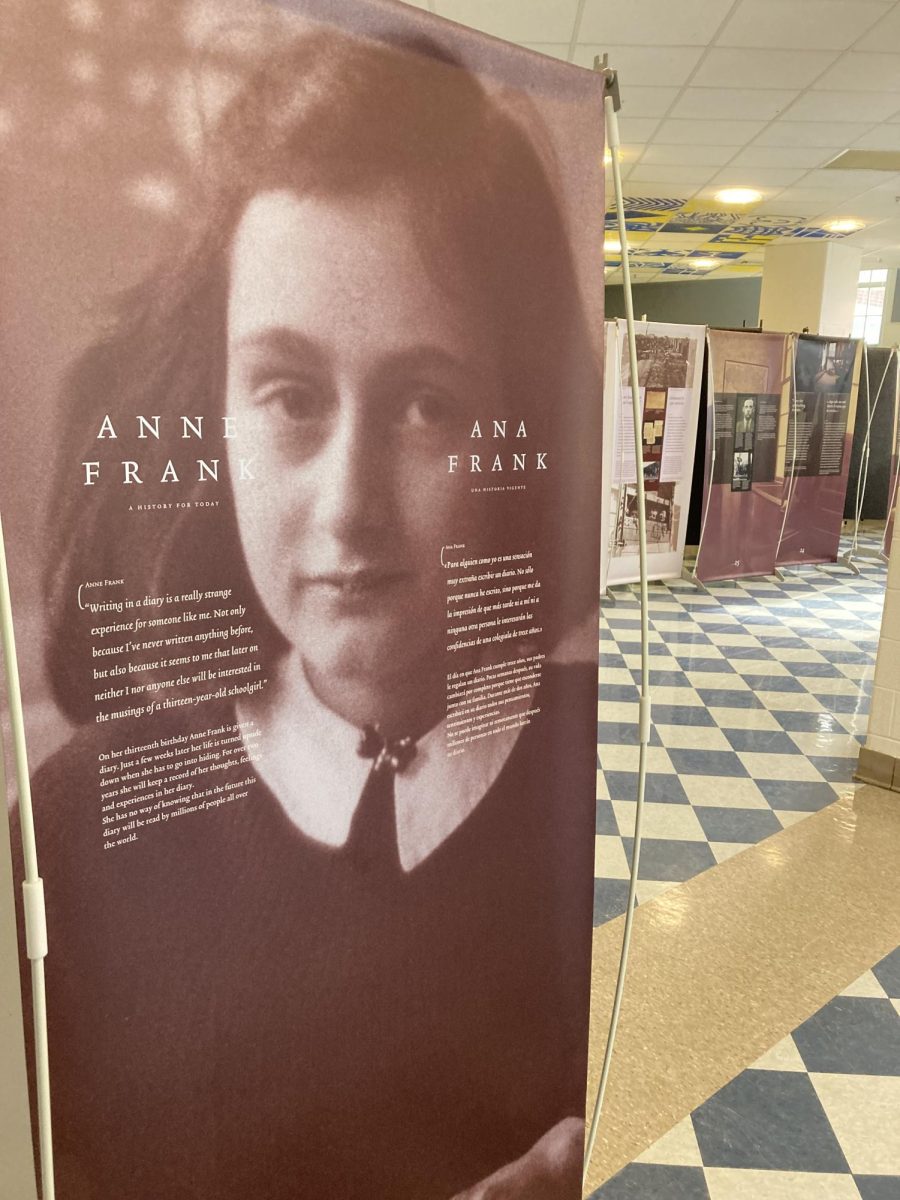

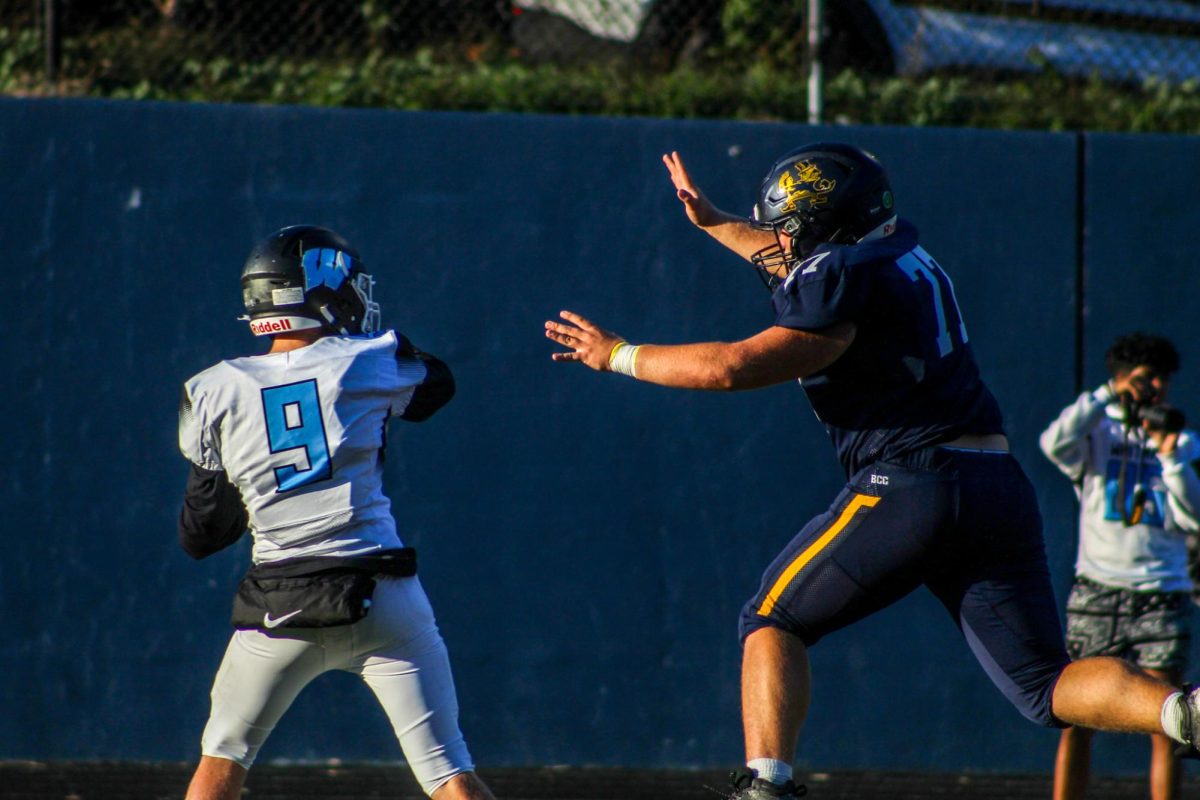



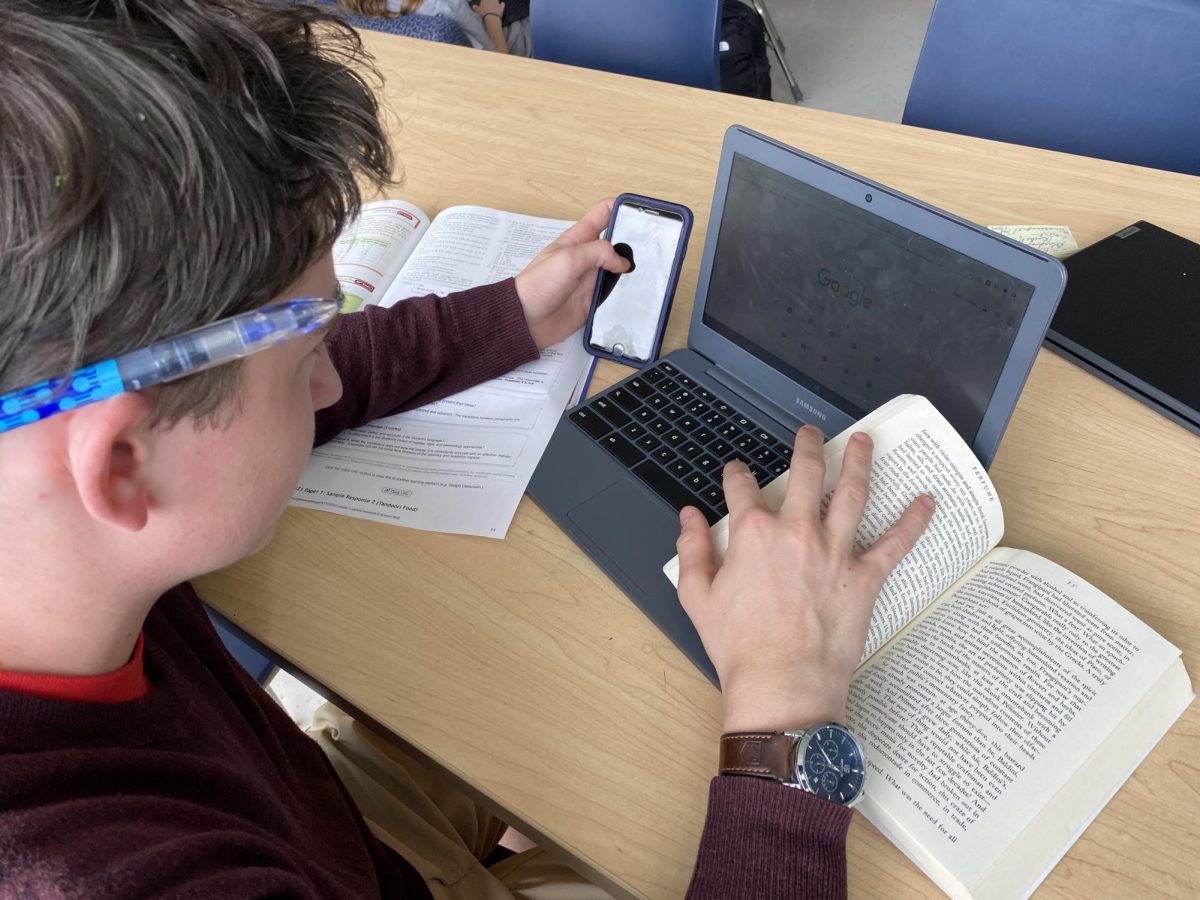


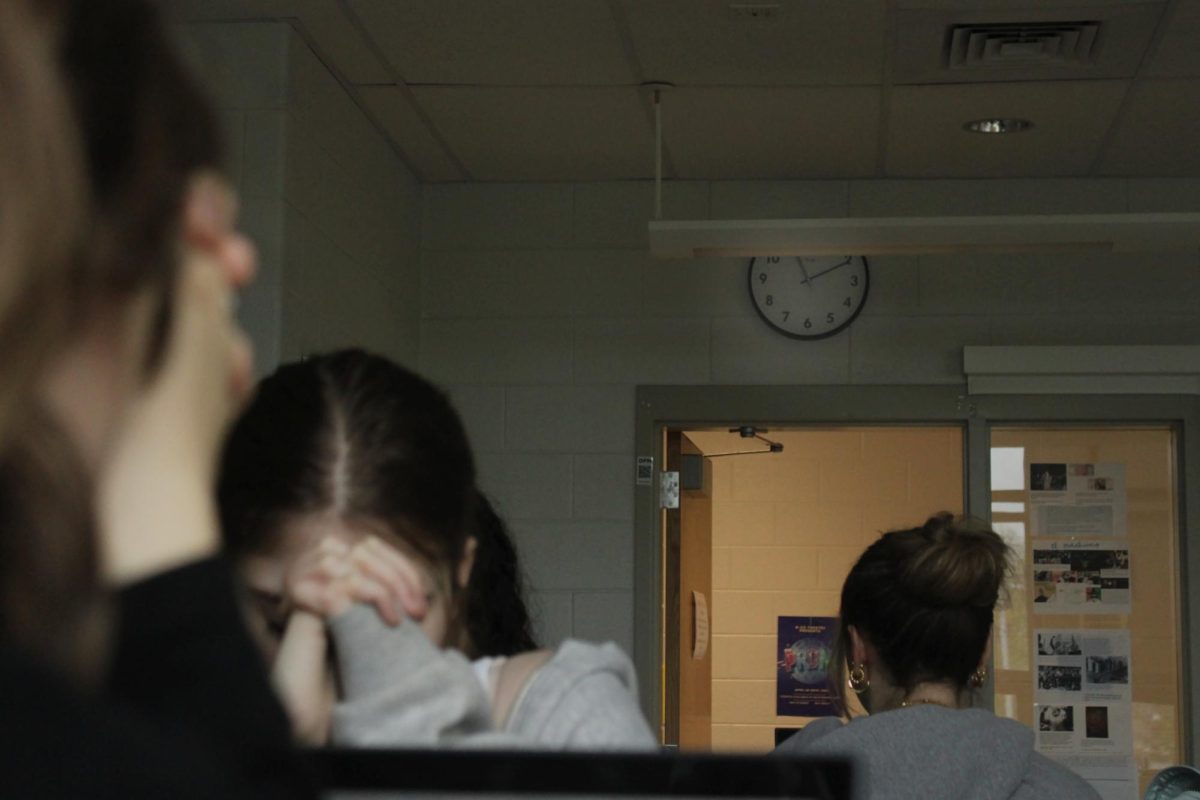





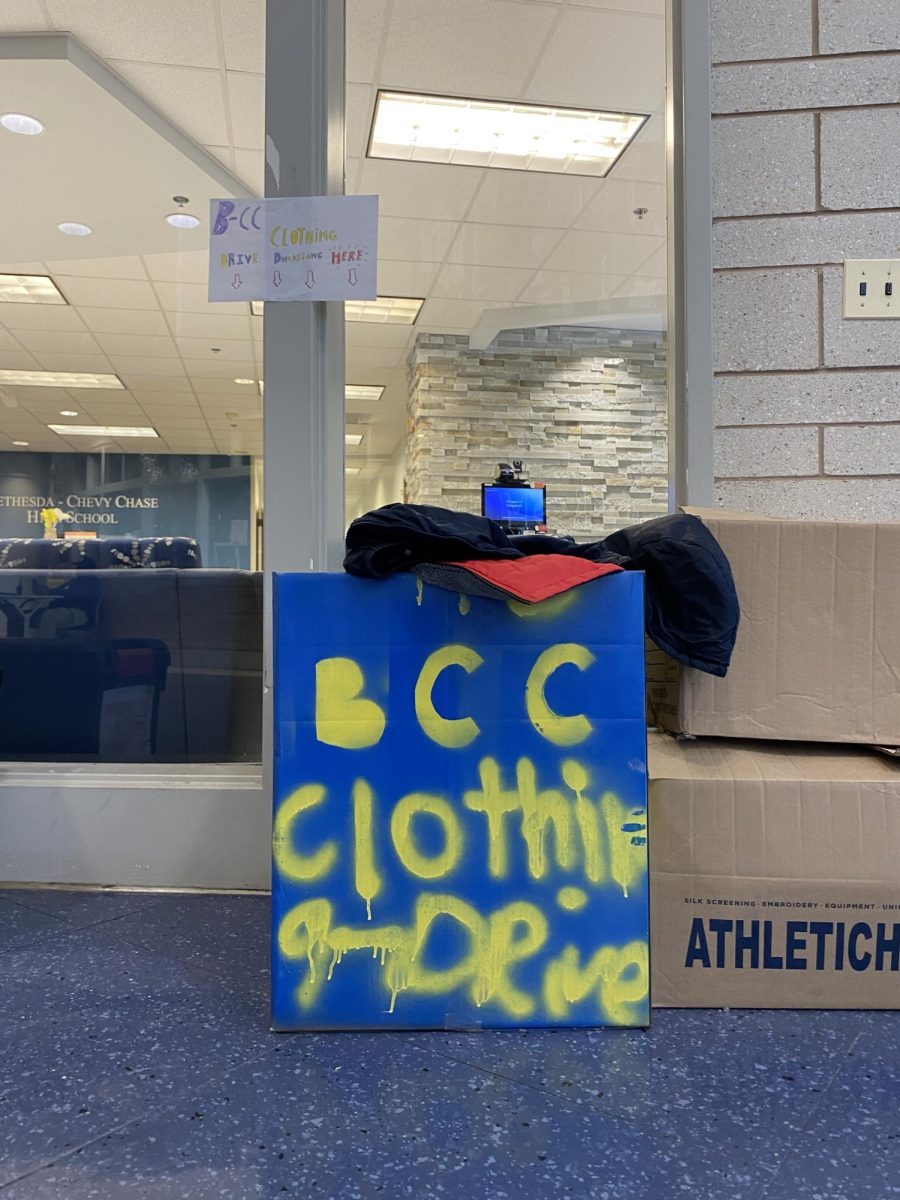
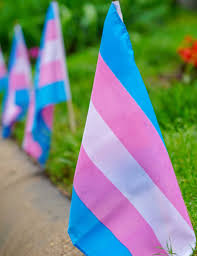


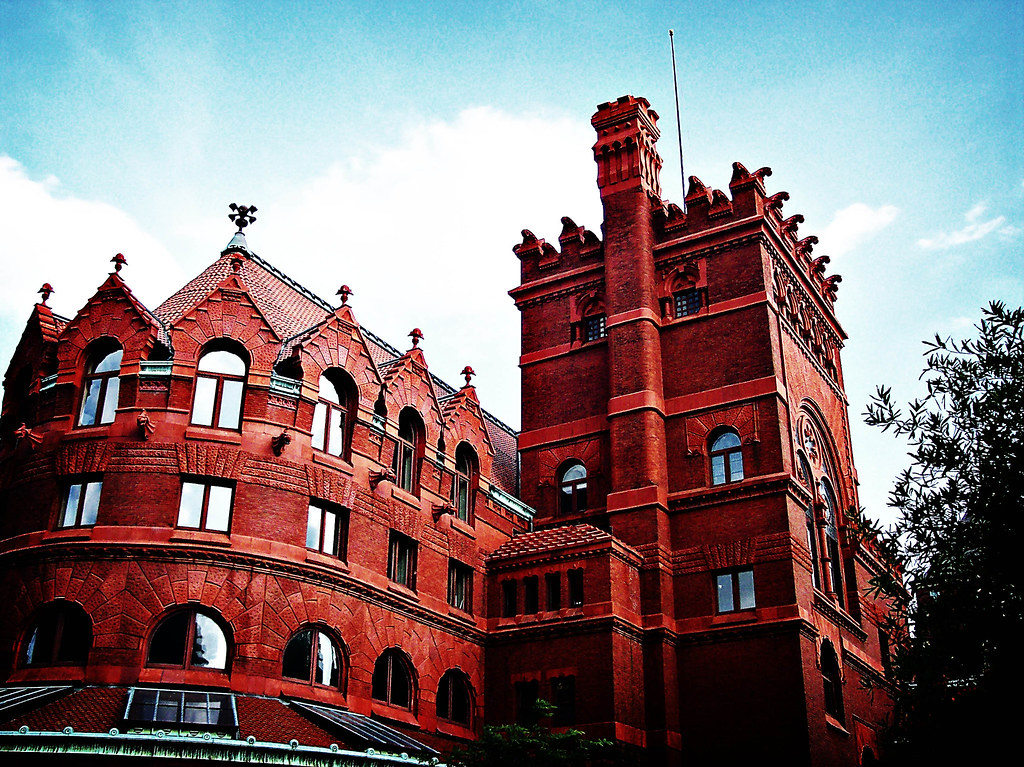
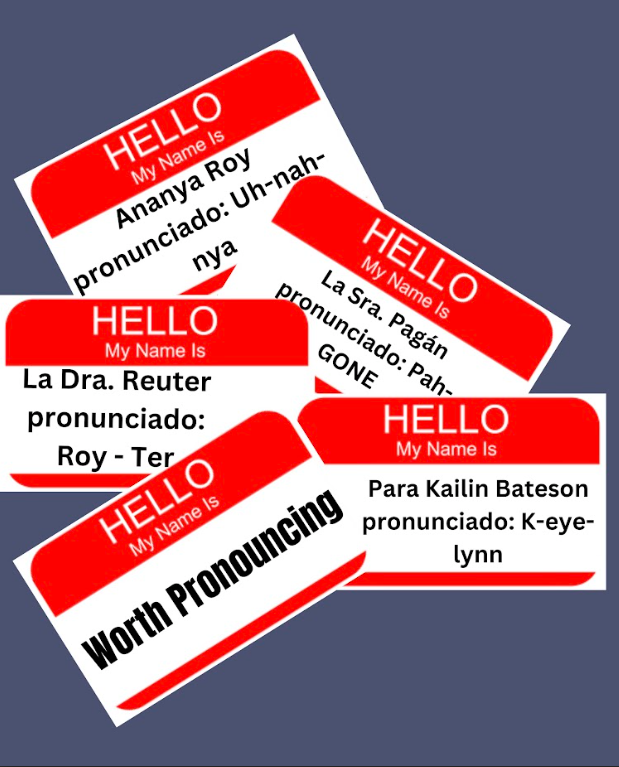
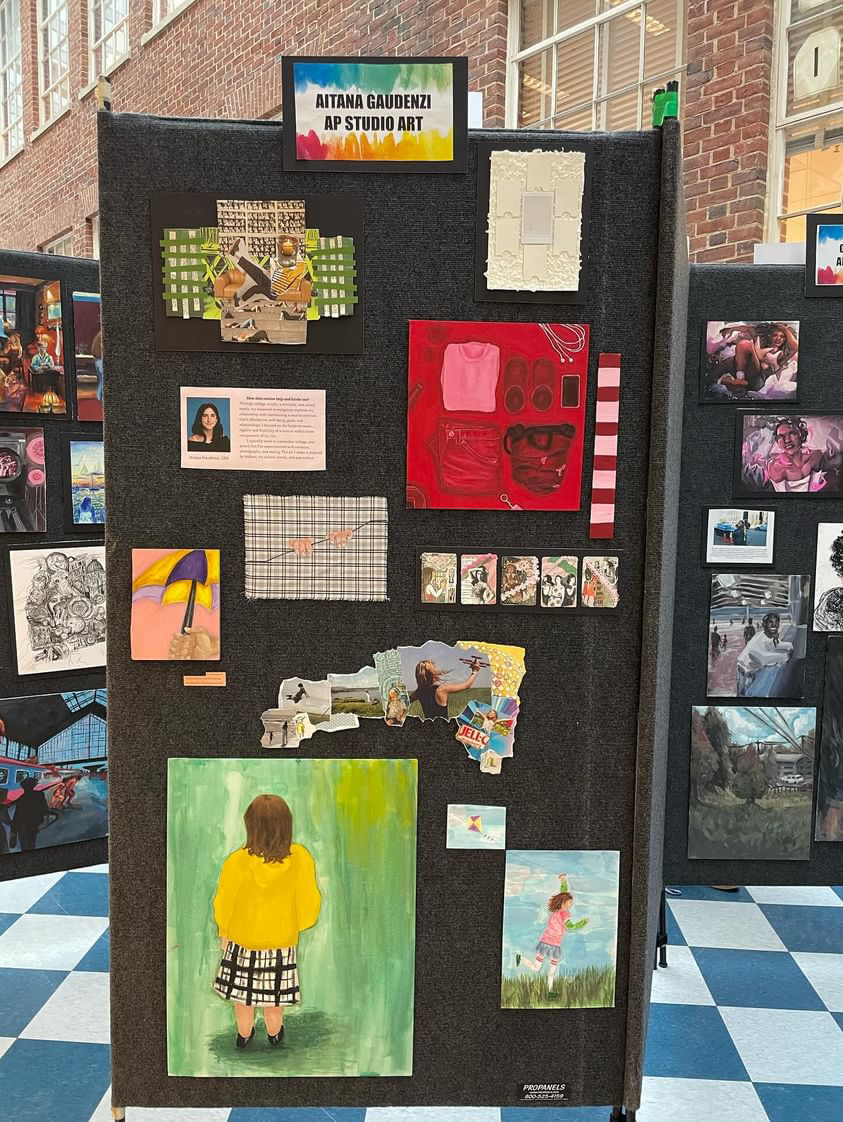

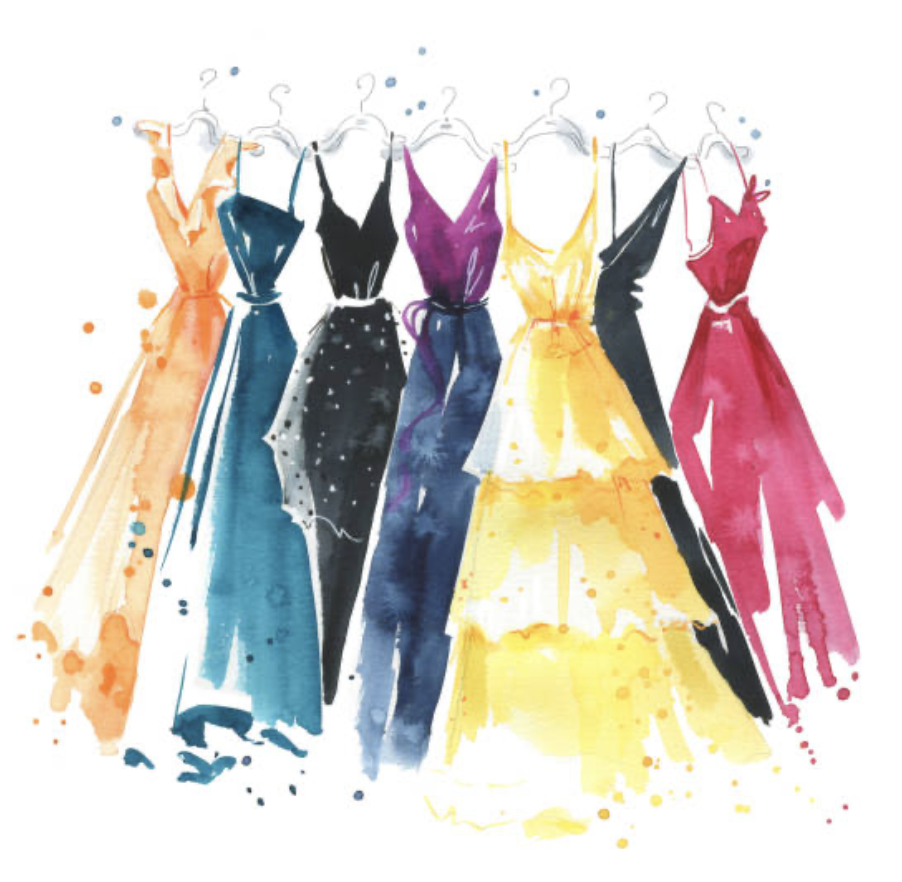
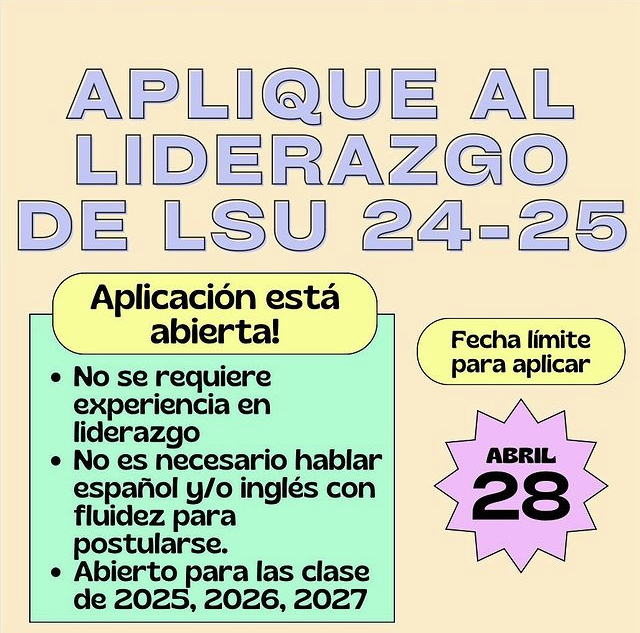








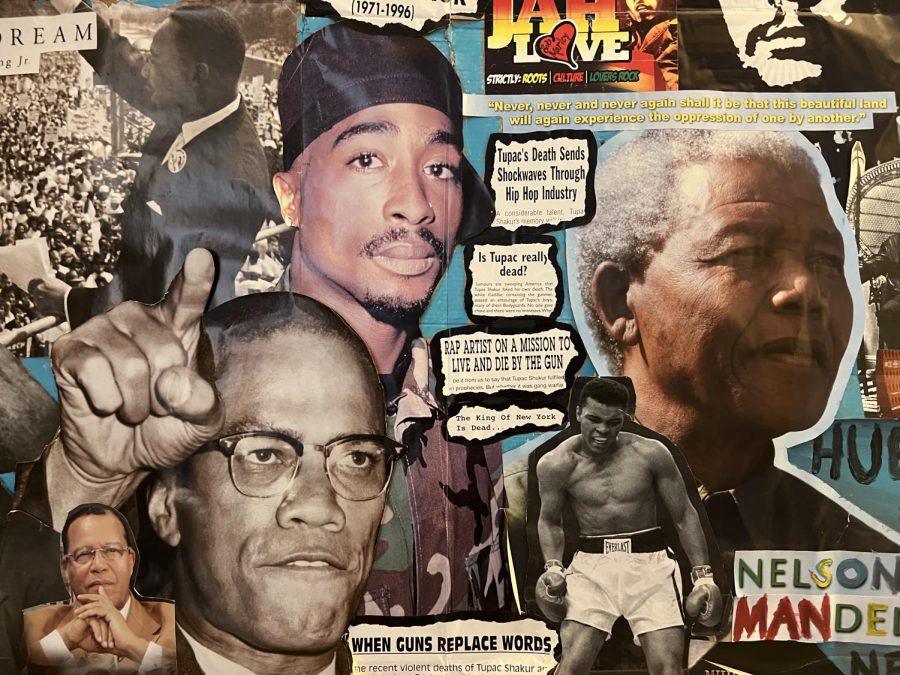


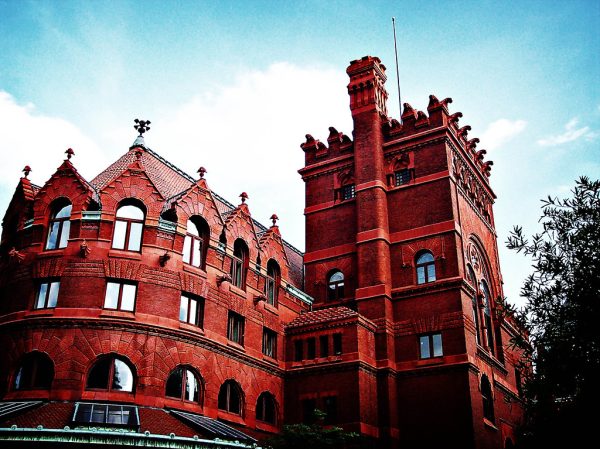



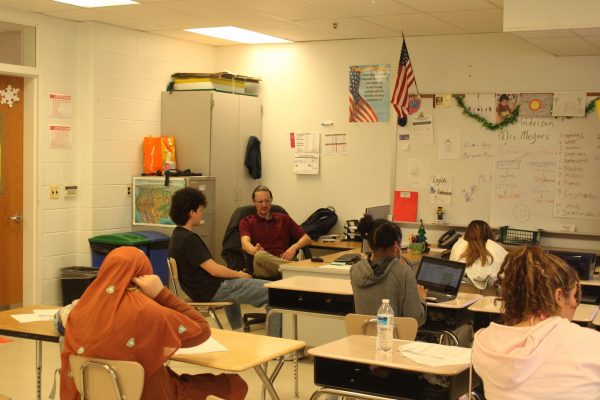


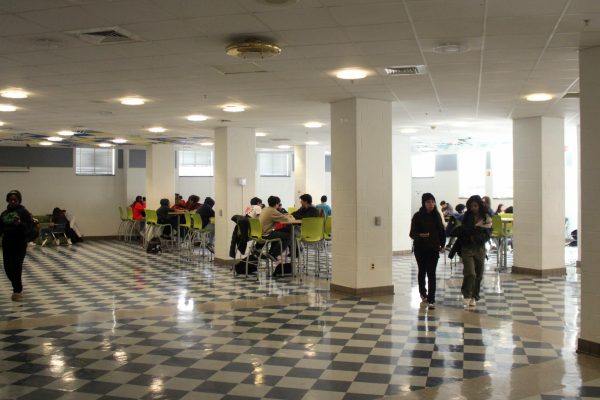

Nancy J Edwards • Mar 7, 2023 at 1:31 pm
African-American history is US history. I hope MCPS gives Mr. Tracy the support and resources he needs to teach this important class.